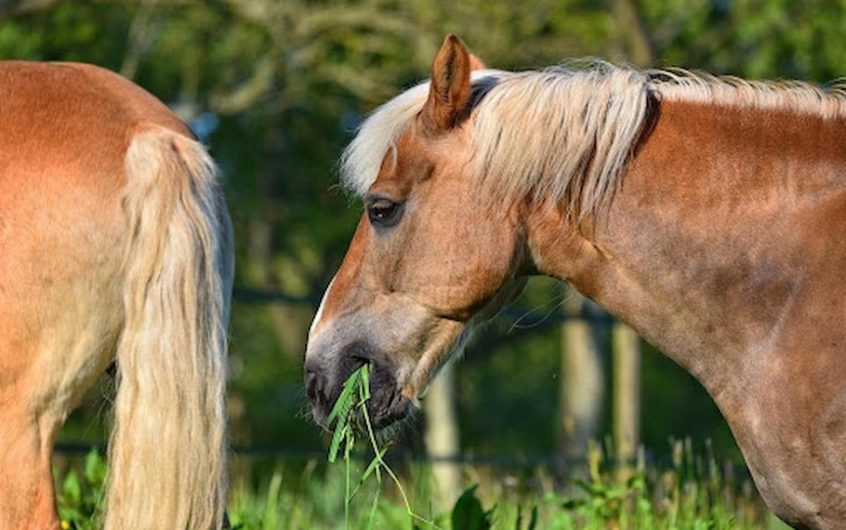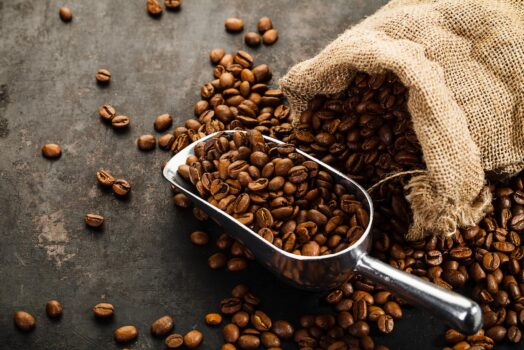Feed safety can be divided into two areas. The first is that feed should be free from substances that cause harm such as poisons, toxins. The second is that feeds marketed and promoted for equine athletes need to be free from prohibited substances that would cause the horse to fail a drug or “dope” test. Many prohibited substances are of pharmaceutical origin and would include things like steroids or painkillers. However, there are also some that are naturally occurring in plants, so called NOPS, and these are often harder to avoid. There have been incidents of horse feeds containing NOPS and so it is an issue that is taken very seriously. Both the racing authorities and the FEI (Fédération Equestre Internationale) who oversee the Olympic disciplines have detailed rules about NOPS. If any prohibited substances are found in post-race or post-competition samples taken from the horse, it is likely to result in disqualification from the competition and potential bans from the sport for a period of time if the trainer or rider is found to be negligent.
How to Avoid Naturally Occurring Prohibited Substances
There are ways in which you can avoid Naturally Occurring Prohibited Substances in Horse Feed. When using hay, feed, and supplements for your horse, ensure you use a reputable, trusted supplier and ideally one that is approved under the BETA NOPS scheme as this demonstrates they are taking action to reduce the risk of contamination. It is also good practice to keep records of the horse feed used and ideally a small sample that can also be tested should the worst happen.
The list of naturally occurring prohibited substances is constantly evolving, so it is vital that you consult the FEI website regularly. BETA NOPS approved companies are more likely to be aware of changes and updates as they will be notified by BETA and so are less likely to miss things. CBD, for example, is a naturally occurring substance deriving from the hemp plant. Although widely used by people and even their pets for a wide range of reasons, CBD has recently been added to the list of banned substances and is already included in the BETA NOPS scheme.
Examples of NOPS and where they come from
The most commonly know NOPS is caffeine which is obviously found in coffee and tea but also in so-called energy drinks. Chocolate is a source of theobromine and a very important NOPS is morphine which is found in poppies both ornamental varieties and those grown commercially for poppy seeds to be used in bakery products and for morphine itself. As these plants can migrate out of people’s gardens into paddocks, verges and other green spaces, it is important to be vigilant as you could find them growing in your own fields.
When feeding your horse, cleanliness is elemental to the avoidance of prohibited substances. Troughs and bowls should be cleaned to the highest of standards to avoid contamination. It is also important that you don’t share feed buckets, stirrers etc with anyone else as they could be using medications or products that might contaminate your feed. You should also take care when storing your feed, especially when you travel abroad, as different materials are fed to horses in other countries and people may just not be aware of the possible risks. If you can take your own forage when you travel then that is desirable – there have been cases where competitors have fed hay provided by the competition venue and then tested positive for a NOPS!




